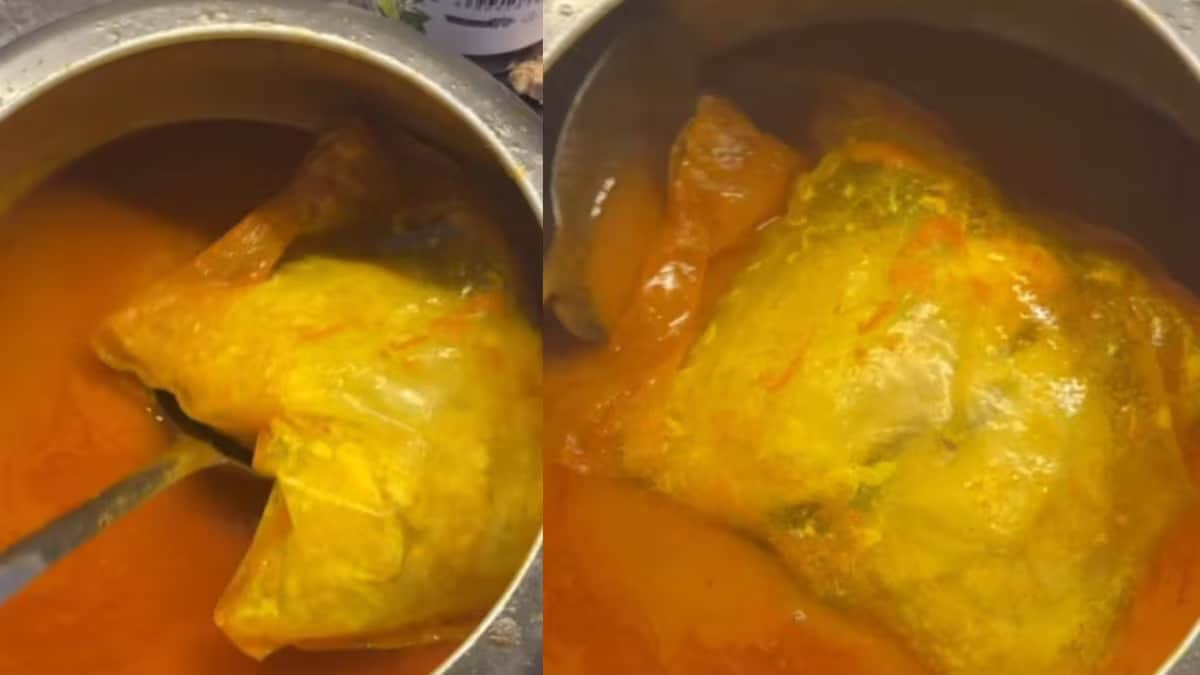The age-old debate of shaken versus stirred continues to intrigue us. Some of us don't even know what this means, and this has led to many embarrassing situations when we don't have a ready answer when asked by a host or a bartender. When it comes to crafting the perfect cocktail, the method of mixing can make all the difference. Whether you're a seasoned mixologist or a casual cocktail lover, understanding the nuances of shaking and stirring can bring a whole new dimension to your drinking experience. Each mixing method offers its unique benefits, from the frothy texture of a shaken cocktail to the silky smoothness of a stirred libation.
Also Read: Sparkling Wine Vs Champagne: Let's Uncork The Differences That Set Them Apart
What does shaken or stirred mean?
Shaken or stirred refers to the two primary methods of mixing cocktails. Shaking involves vigorously combining ingredients with ice in a cocktail shaker, resulting in a chilled, aerated drink. This method is ideal for cocktails with fruit juices or dairy. Stirring, on the other hand, gently combines spirits and other ingredients in a mixing glass with ice, creating a smooth and silky texture. It's preferred for cocktails that highlight the nuanced flavours of premium spirits. The choice between shaken or stirred depends on the cocktail's ingredients and desired outcome.
Shaken Cocktails:
We have all witnessed this: a bartender behind a bar counter, vigorously shaking a cocktail shaker filled with ice and ingredients. This art of cocktail making was popularized by the legendary James Bond and his preference for a "shaken, not stirred" martini.
Shaking a cocktail serves several purposes. Firstly, it chills the drink rapidly, thanks to the ice swirling around inside the shaker. The rapid movement of the ice also creates aeration, infusing the cocktail with tiny air bubbles that lend a light and frothy texture.
Furthermore, shaking is ideal for cocktails that contain fruit juices, syrups, or dairy products. These ingredients benefit from vigorous agitation, ensuring thorough mixing and a perfect blend of flavours. Think of classic cocktails like the Margarita, Daiquiri, or Whiskey Sour - all shaken to perfection.
However, it's essential to shake with purpose and precision. Over-shaking can lead to over-dilution and a watery cocktail, while under-shaking may result in uneven flavour distribution. The key is to shake until the outside of the shaker becomes frosty, indicating that the drink is adequately chilled and mixed.
Also Read: Should We Eat Before Or After Drinking Alcohol? Hear It From The Expert
Shaking involves vigorously combining ingredients with ice in a cocktail shaker.
Photo Credit: iStock
Stirred Cocktails:
Stirring is the preferred method for cocktails that require a gentle touch and a silky smooth finish - a sleek cocktail glass filled with spirits, gently swirled with a long-handled mixing spoon.
Stirring is ideal for cocktails that showcase the nuanced flavours of premium spirits, such as the classic Martini or Manhattan. It allows the ingredients to marry gracefully, without excess air or dilution. The result is a refined and velvety cocktail that showcases the depth and complexity of its components.
The key to successful stirring lies in technique and timing. Using a long-handled mixing spoon, gently stir the cocktail ingredients over ice in a mixing glass. The goal is to achieve thorough chilling and blending while maintaining clarity and viscosity.
Stirring also requires patience-a slow and steady approach yields the best results. Aim for a smooth and seamless motion, allowing the ice to gradually melt and temper the potency of the spirits. The ideal stirring time may vary depending on the cocktail recipe, but as a general rule, aim for around 30 seconds to a minute.
Also Read: Liquor And Liqueur Are Not The Same. Here's How To Tell Them Apart
Stirring gently combines spirits and other ingredients in a mixing glass.
Photo Credit: iStock
Which Is Better: Shaken Or Stirred? Choosing The Right Technique
So, how do you know whether to shake or stir your cocktail? It all comes down to the ingredients and the desired outcome. If your cocktail recipe includes fruit juices, dairy, or syrups, shaking is the way to go. The vigorous agitation ensures thorough mixing and aeration, resulting in a vibrant and refreshing drink.
On the other hand, if your cocktail primarily consists of spirits and liqueurs, stirring is the preferred method. This gentle technique allows the flavours to meld, creating a balanced and sophisticated libation.
Ultimately, the choice comes down to personal preference and the specific characteristics of the cocktail at hand. Cheers!
